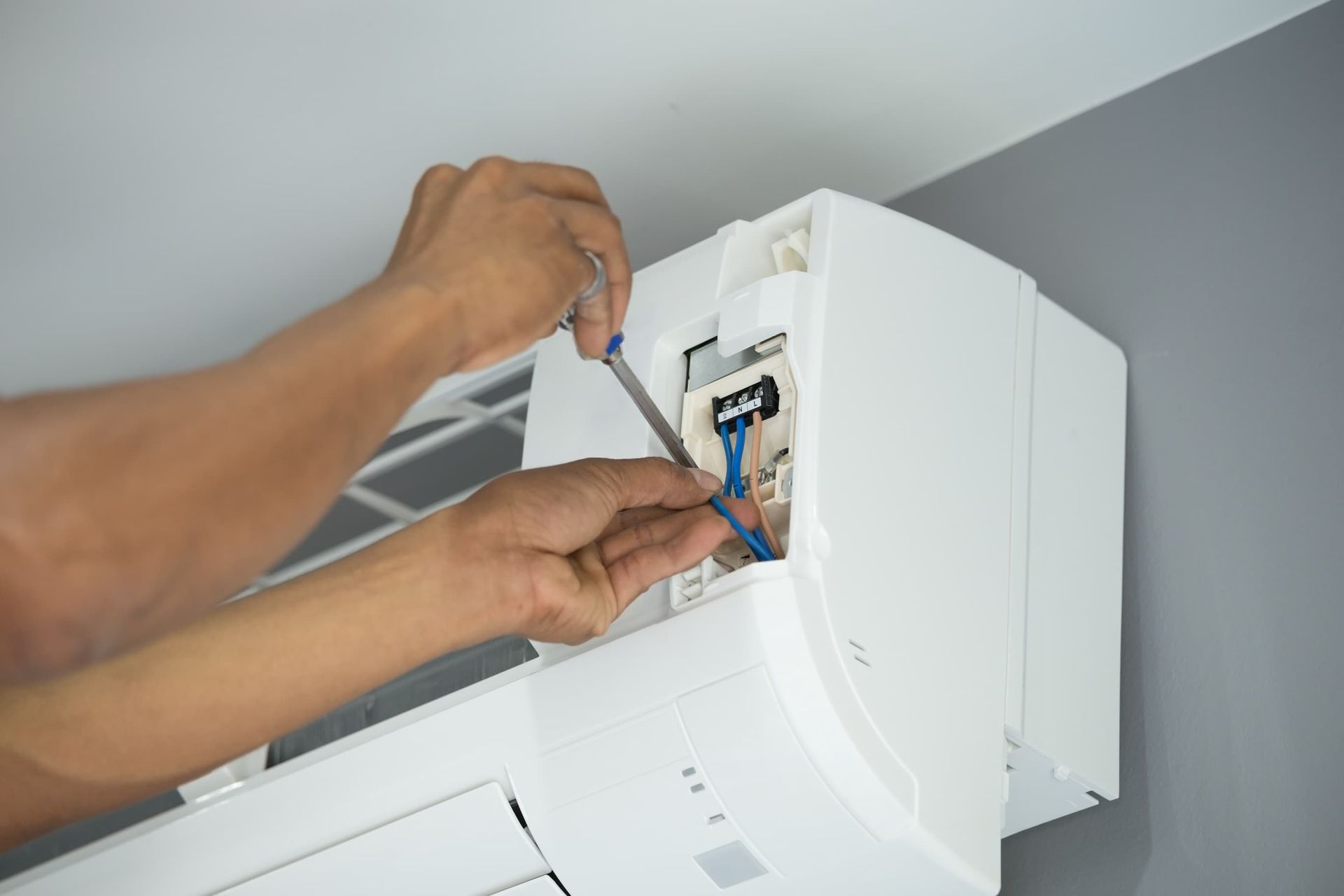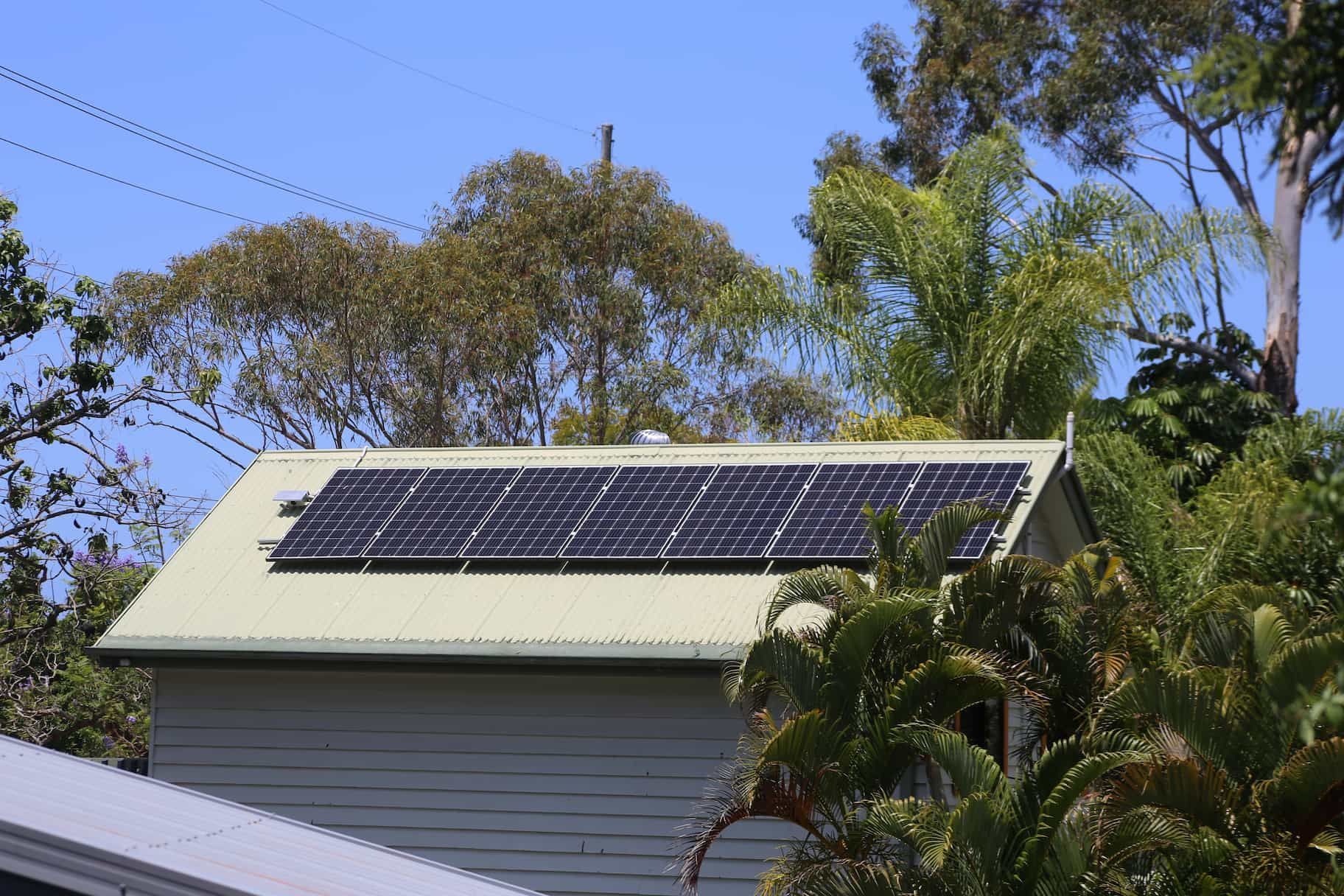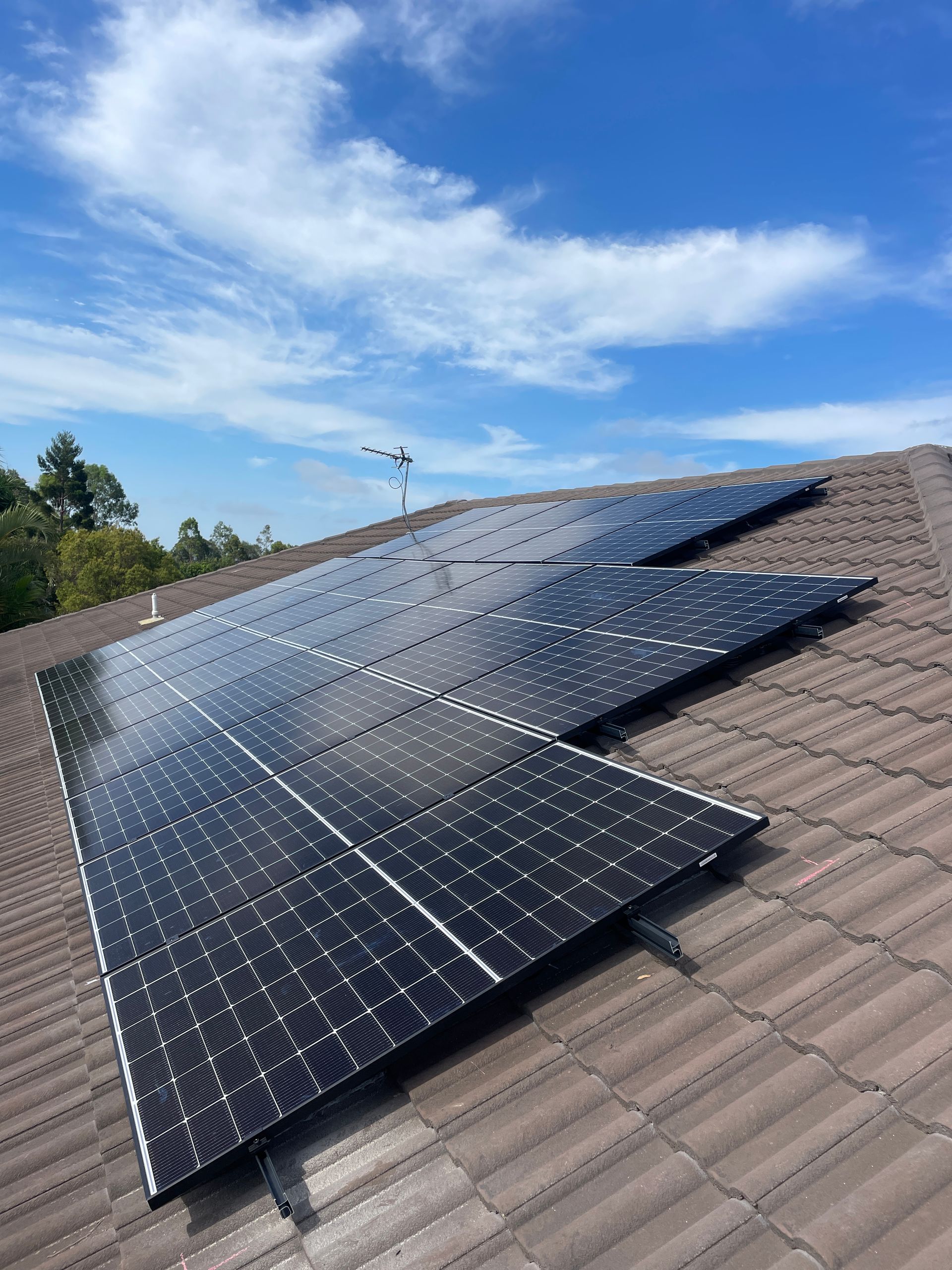How Long Do Air Conditioners Last?
Air conditioners have become an indispensable part of our daily lives, providing comfort during those sweltering summer months. While they are robust machines designed to withstand years of operation, they aren't immortal.
The longevity of an air conditioner is influenced by various factors, from its age to its make and model and how it's maintained. This article sheds light on the average lifespan of air conditioners and how to maximise their performance.
What is the Average Lifespan of an Air Conditioner?
On average, a well-maintained air conditioner can efficiently serve a household for about 15-20 years. Older models may only last 10-15 years, however, newer makes can last up to two decades.
Factors Affecting the Lifespan of Your Air Conditioner:
Understanding the factors that influence the lifespan of your air conditioner can help you make informed decisions about maintenance, repairs and eventual replacement. Here's a closer look at the primary factors:
Type of Air Conditioner
Different types of air conditioners have varying lifespans. For instance, central air conditioning systems might have a different operational life compared to window units or portable air conditioners. The design, components and usage patterns of each type can influence their durability.
Quality and Brand
Not all air conditioners are created equal. Units manufactured by reputable brands tend to last longer. These brands often use high-grade materials, advanced technology and rigorous testing to ensure the longevity of their products.
Frequency of Use
An air conditioner used round the clock in a hot and humid climate will naturally experience more wear and tear compared to a unit used sporadically in a milder climate.
Quality of Installation
The initial installation of your air conditioner lays the groundwork for its future performance. An expertly installed unit ensures that all components, from the ductwork to the electrical connections, are set up correctly. Proper levelling, correct refrigerant charge and appropriate airflow settings can make a significant difference in the unit's efficiency and longevity. Conversely, a poorly installed unit can lead to recurrent issues, reduced efficiency and a shorter lifespan.
Sizing & Cooling Area
Choosing the right size air conditioner is crucial. A unit that's too small for a given space will have to work overtime, leading to excessive wear and tear. Conversely, an oversized unit might cycle on and off too frequently, which can also reduce its lifespan. It's essential to consult with HVAC professionals or a qualified electrician to determine the correct size based on the area's square footage, ceiling height, insulation quality and other factors.
Climate & Location
The environment in which your air conditioner operates also plays a pivotal role in its lifespan. For instance:
Coastal Areas: The salty air in coastal regions can accelerate the corrosion of metal parts, especially if the unit isn't designed for such conditions or isn't regularly cleaned.
Extreme Climates: In areas with scorching summers or freezing winters, air conditioners and heat pumps might have to work harder, leading to faster wear and tear.
Set Temperature
While it's tempting to set the thermostat to the lowest setting during a heatwave, doing so can strain the system. It's more energy-efficient and gentler on the system to maintain a temperature that's comfortable but not excessively cold. For example, a setting of (24°C) during the day when you're home can be both comfortable and efficient.
Servicing & Maintenance
Routine maintenance is the backbone of a long-lasting air conditioner. Here's what regular servicing entails:
Coil Cleaning: Over time, the AC's coils collect dirt, reducing the system's ability to absorb heat. Cleaning them annually can ensure optimal performance.
Checking Refrigerant Levels: Too much or too little refrigerant can reduce the efficiency of your air conditioner. A professional can check and adjust these levels as needed.
Inspecting Electrical Components: With consistent use, connections can loosen and wires can fray. Regular inspections can catch and rectify these issues before they become significant problems.
Tips to Prolong the Life of Your Air Conditioner
To ensure your air conditioner provides optimal cooling for the years ahead requires a mix of regular care and timely repairs. Here are a few actionable tips to help prolong the life of your AC:
Seasonal Check-ups: Before the onset of peak summer or winter (for heat pumps), have a professional inspect and service your unit. This proactive approach can identify potential issues before they escalate.
Clean or Replace Filters Regularly: A clogged filter can restrict airflow, forcing the system to work harder. Depending on your usage and environment, consider
cleaning or replacing filters every 1-3 months.
Keep the Outdoor Unit Clean: Ensure that the outdoor unit (condenser) is free from debris, leaves and other obstructions. This helps maintain efficient airflow and heat exchange.
Ensure Proper Insulation: Proper insulation in your home can reduce the workload on your AC, as it helps maintain the desired temperature with minimal energy.
Use a Programmable Thermostat: This allows you to set temperatures based on your daily routine, ensuring the AC isn't overworking when it's not needed.
Avoid Direct Sunlight:
If possible, position the unit away from direct sunlight or use shades. This can improve efficiency as the unit won't have to combat additional heat from the sun.
Invest in Quality: When replacing parts or even buying a new unit, prioritise quality over cost. A high-quality component or unit can offer better longevity and performance.
Signs Your Air Conditioner Needs Replacing
While regular maintenance can extend the life of your AC, there comes a time when replacement is more practical than repair. Being aware of the following signs can save you from unexpected breakdowns:
Unit is Blowing Hot or Cold Air Which is Inconsistent with Temperature Settings
This could be due to a failing compressor, refrigerant leaks or electrical issues. If the problem persists even after repairs, it might be time for a replacement.
You’re Experiencing Reduced Air Flow
This could be a sign of a failing motor, clogged filters or issues with the ductwork. If the airflow doesn't improve with servicing, consider a replacement.
It’s Producing Strange Noises or Odours
Rattling, buzzing or grinding noises can indicate internal mechanical problems. Musty smells might point to mould growth inside the unit, while a burning smell could signal electrical issues.
Your Unit is Leaking or Producing Excess Moisture
While some condensation is normal, excessive water leakage, especially refrigerant leaks, can be harmful and signal a significant issue.
Your Unit is Short Cycling
If your AC is frequently turning on and off, it may be due to electrical issues, thermostat problems or even an incorrectly sized unit.
Your Energy Bills Have Significantly Increased
If you notice a sudden spike in your energy bills without a corresponding increase in usage, it's a clear sign of reduced efficiency, often due to aging components.
Your Unit Requires Frequent Repairs
Continual repairs not only drain your wallet but also indicate that the unit is nearing the end of its operational life. If the unit is also out of warranty, the cost-effectiveness of a replacement becomes even clearer.
Being proactive and attentive to your air conditioner's needs can ensure that you enjoy a comfortable indoor environment for years. However, recognising when it's time to replace the unit can save you money and hassle in the long run.
AC Repairs vs Replacement: What to Consider
Deciding between repairing a malfunctioning AC and replacing it altogether can be challenging. Both options come with their own sets of advantages and implications. Here's a more detailed look at the factors to consider:
Cost of the Repair
While minor repairs might be cost-effective in the short term, significant repair costs can quickly add up. If you're frequently spending on repairs, and especially if a single repair quote approaches or exceeds half the cost of a new unit, it might be more economical to invest in a new system. New units also come with the added benefit of warranties and potentially better energy efficiency.
The Age Of Your Current System
If your unit is more than a decade old and is showing signs of wear and tear, it might be nearing the end of its operational life. Newer models are often more energy-efficient, quieter and come with modern features that can enhance comfort and convenience.
Do You Have Poor Indoor Air Quality
If you notice increased dust, unusual odours or heightened allergy symptoms, it might indicate that your AC system isn't filtering air effectively. This could be due to ageing components or issues with the ductwork. If servicing doesn't improve the air quality, it might be time to consider a replacement.
What is the Average Lifespan of a Ducted Air Conditioner?
Ducted air conditioning systems are used to provide consistent temperatures across larger spaces. Their design, which circulates air through a network of ducts, ensures even cooling, reducing the wear and tear on the system's components.
With diligent maintenance, including regular cleaning of ducts and timely replacement of filters, these systems can serve efficiently for 15 to 20 years. However, the actual lifespan can vary based on the brand, usage patterns, and environmental factors.
What is the Average Lifespan of a Split System Air Conditioner?
Split system air conditioners are popular for their flexibility and ease of installation. While they are designed for durability, their lifespan can be influenced by factors like the frequency of use, maintenance routines and the environment in which they operate.
With proper care, these systems can efficiently cool your space for 15-20 years. However, in regions with extreme temperatures where the unit operates for extended periods, the lifespan might be on the shorter end of this range.
Conclusion
The longevity of your air conditioner depends on various factors, from the quality of its installation to how it's maintained. By recognising signs of wear and tear and acting promptly, you can ensure that your unit serves you efficiently for years to come.
If you're on the Gold Coast and need expert advice,
servicing or a new installation, look no further than JL Electrical Solutions. We're committed to ensuring you're comfortable all year round. Get in touch with our professional electricians today!
Written By Josh Lys
Since 2015, Josh has helped Gold Coast locals with their residential, commercial and industrial electrical needs. From installing power points to cleaning air conditioners and helping customers harness the benefits of solar, Josh has extensive experience installing, repairing and maintaining even the most complex electrical systems and is fully licensed and insured.
Don't let a minor electrical issue become major. Call Josh today!
Site Links
Electrical
Air
Solar
Safety & Compliance
Contact
Open 24/7
Social
Licenses
- Electrical 91106
- Air Conditioning 1127358
- Solar A2833029
- ABN 23763195628







